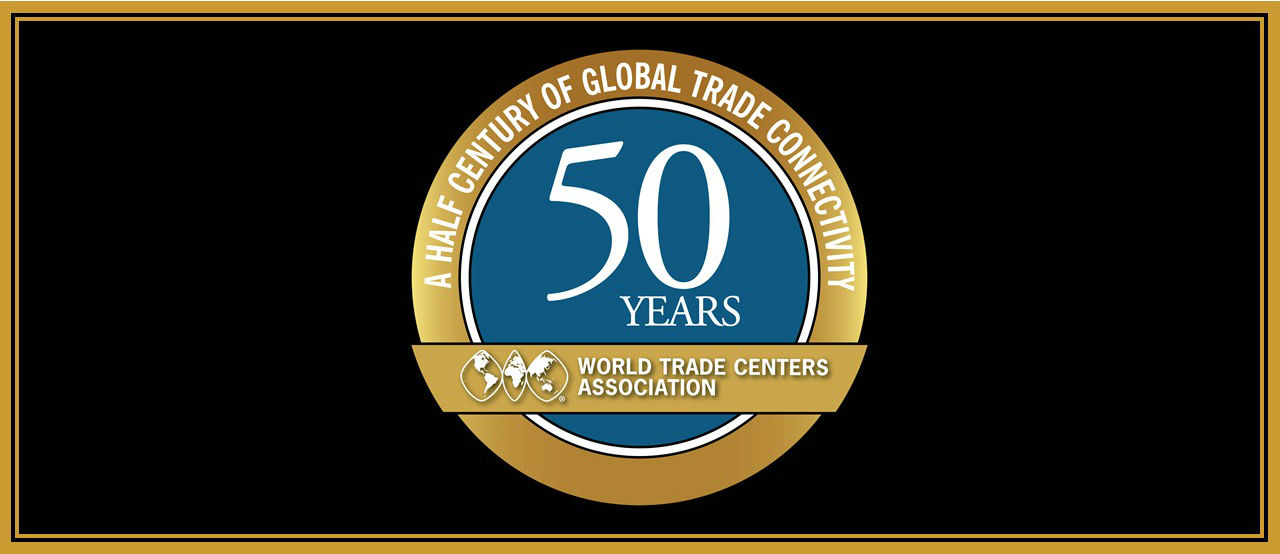The Importance of Custom Trade Resources: How WTC Washington, D.C. Welcomes the World

One of the unique qualities of the WTCA is just how ingrained its Members are in their local business communities. Because of this grassroots orientation, WTCs are often the local go-to resource for trade and investment guidance. But when you are WTC Washington, D.C. the entire nation and the global community are in your backyard. WTCA Meridian’s editorial team asked WTC Washington, D.C. to highlight one of its recently published resources to draw attention to how all Members can take advantage of their fellow WTCs’ expertise.
In today’s interconnected world, it is more important now than ever for businesses to have reliable resources to acquire data, intelligence, and forge key relationships that can advance their international enterprises. While policymakers and citizens often debate the pros and cons of trade, those of us in this field understand how nuanced and complex the global business environment can be, and what tools are needed in order to succeed.
Understanding the culture and business community of a new market can be a daunting and costly venture. Each city is different, with its own particular qualities, but given the number of agencies, embassies, and other various organizations based here, the Washington, D.C. area — along with its neighboring states, Maryland and Virginia — has unique national resources needed to promote foreign direct investment (FDI) and trade. While there is friendly competition amongst these three areas, the region as a whole has distinct attributes and remains a significant draw for business delegations and government officials from around the world. To simplify the world of trade, there are a host of government resources and nonprofit organizations (NGOs) available — one of which is the World Trade Center (WTC) Washington, D.C., situated in the heart of the nation’s capital.
The international community that thrives in this area benefits greatly from having a WTC that provides business counseling and key contacts, and convenes a global forum, similar to the guidance WTCs in other cities around the world offer their members. This local expertise is incredibly important, and WTC Washington, D.C. is the connection between the diplomatic, policy, and business communities.
Based on the resources mentioned above, our office created the Capital Trade Guide for those looking to better understand the Washington, D.C. landscape and explore the national trade resources available. The guide features key stakeholders and partners who provide timely and critical information on a national scale, and offers beneficial insights into various industries. As a comprehensive directory to key federal agencies, multilateral development banks, trade associations, business councils, embassies, and digital resources, the guide helps businesses step beyond U.S. borders to expand into the international market.
There are 19 federal agencies listed in the guide including the U.S. Agency for International Development (USAID), Millennium Challenge Corporation (MCC), and the Foreign Agriculture Service (USDA-FAS); and 11 trade associations including the World Trade Center Association (WTCA), District of Columbia Chamber of Commerce, American Association of Exporters and Importers (AAEI), and the National Association of Manufacturers (NAM). Additionally, the guide features a listing of more than 150 diplomatic missions based and operating in Washington, D.C., along with five multilateral development banks, six business councils, and 11 digital resources.
This guide is not just a tool for Washington, D.C. locals — we encourage our fellow WTCs to share this with their members and clients as a benefit of the WTCA Membership and as a resource to navigate the complex world of global business.
Click here to view and download the full Capital Trade Guide. For any questions, please contact Hosai Rashid at tradeinfo@itcdc.com.

